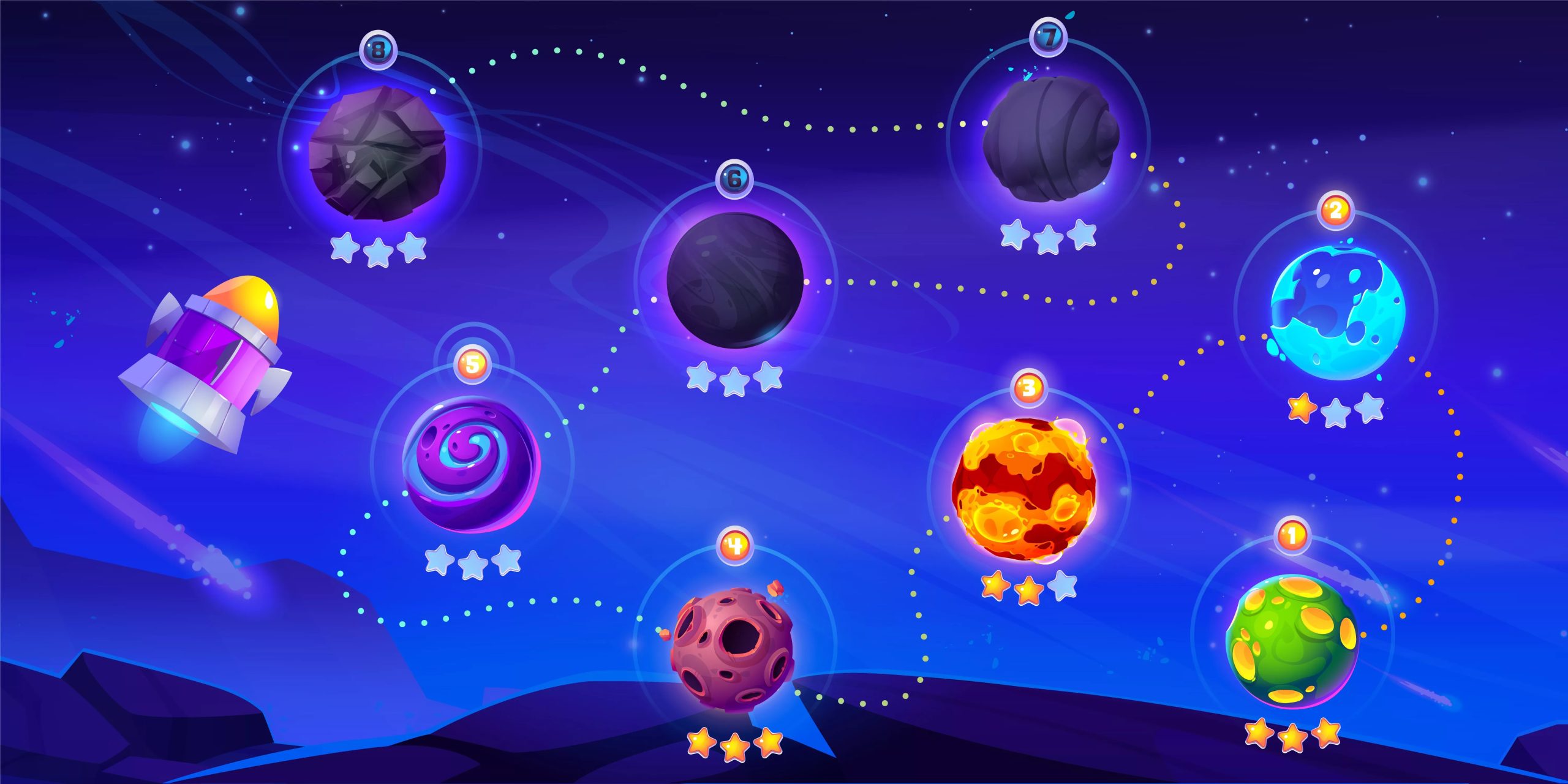In-game money is now common in most video games. You might see coins, gems, or tokens while playing on your phone, console, or computer. These aren’t just for fun they help game makers earn money. They also affect how we play, what we buy, and how often we keep playing casino online games.
What Are In-Game Currencies?
In-game currency is like money you use only inside a game. It can look like coins, gems, or points. Sometimes you earn it by playing. Other times, you buy it with real money.
Many free games use this system. You can play for free and earn the currency slowly. Or you can pay to get more and go faster. This makes two kinds of players those who pay and those who don’t and they often play in different ways.
Why Microtransactions Exist
Creating games takes a lot of work and money. To make money, many game makers use microtransactions. This means the game is free to download, but players can buy things inside the game if they want to.
This model keeps the barrier to entry low. You don’t have to pay anything to try the game. But once you’re hooked, spending a few dollars here and there feels easier.
Types of In-Game Currency
Games often include more than one type of currency. There’s usually a basic currency you earn by completing levels or daily tasks. Then there’s a premium currency rarer and more powerful that you buy with real money.
Here’s a quick breakdown:
- Earned currency: Given as rewards during gameplay.
- Premium currency: Usually bought with real money.
- Event currency: Available for a limited time during special events.
Each currency has a purpose. Some are meant to keep you playing. Others tempt you to spend.
How Currencies Influence Player Behavior
Let’s say you’re stuck on a tough level. The game offers you a boost but it costs gems. You check your balance. You’re just short. Now you have two choices: grind for more or buy some with real money.
This moment is where microtransactions shape behavior. The currency system makes you think carefully about your next move. It also plays on emotions, like impatience, excitement, or fear of missing out (FOMO).
Developers study how players respond to these moments. They adjust difficulty, prices, and offers to keep players engaged and spending.
The Power of Limited-Time Offers
Games often push special deals. These might include discounted currency packs, rare items, or exclusive skins. And there’s always a countdown timer. This creates urgency. You feel like if you don’t act now, you’ll miss out.
This strategy is called “artificial scarcity.” It’s common in marketing. In gaming, it pushes players toward impulse buying. It works especially well when paired with emotional triggers, like excitement or frustration.
Real Money, Real Impact
Spending in games might feel harmless. But it adds up fast. Some players don’t realize how much they’ve spent until they check their statements.
Games use clever design to make spending feel smooth. Buying a bundle of gems is quick. Using those gems to unlock something feels like using points, not cash. That’s the trick: it removes the pain of spending.
This is why parents are advised to monitor in-game purchases, especially for kids.
The Psychology Behind It All
Games are built to be fun. But they’re also built to keep you playing and paying. The use of currency taps into our brain’s reward system.
Every time you unlock something, your brain gets a little dopamine hit. It feels good. And you want to feel that again.
Games also use systems like loot boxes, random rewards, and upgrade chances. These all build suspense, which adds to the thrill—and often, the spending.
READ MORE : The Definitive Resource for Renting Luxury Cars in Dubai
How to Stay in Control
Enjoying games is the goal—but it’s smart to stay in control of your spending. Here are a few tips:
- Set a monthly budget for in-game purchases.
- Track what you spend, it’s easy to lose track.
- Avoid impulse buys during emotional moments.
- Use gift cards instead of linking your credit card.
- Check parental controls if kids are playing.
Being aware helps you enjoy the game without regrets.
